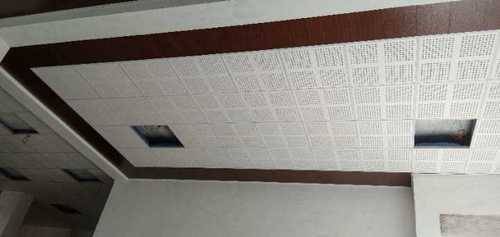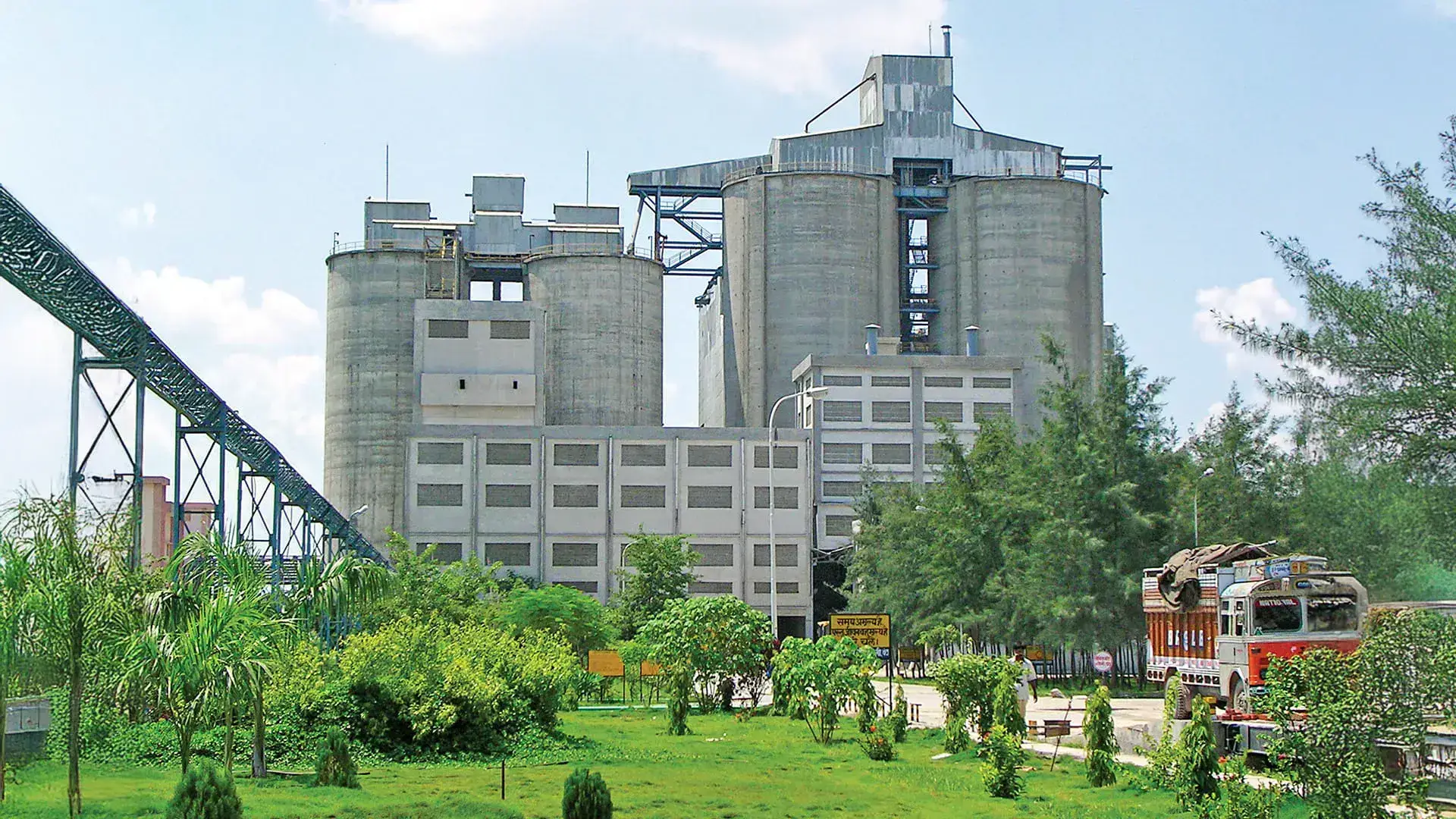Ambuja Cements, a subsidiary of the Adani Group, is set to develop a modern cement grinding facility within the industrial zone of Gangavaram Port in Visakhapatnam, Andhra Pradesh. The project, occupying 8 hectares of pre-zoned industrial land, avoids the need for fresh land acquisition and follows sustainable design principles, earning it an “Orange Category” classification, indicating a lower environmental impact under India’s industrial categorization system.
The new grinding unit is designed to integrate circular economy practices. Industrial by-products, including slag from steel plants and fly ash from nearby power stations, will serve as key raw materials for cement production. This approach not only reduces dependency on primary raw materials but also promotes industrial waste utilization. Additionally, the plant’s logistics strategy emphasizes low-emission transport, with clinker and gypsum being moved to the facility primarily by rail and sea to minimize carbon emissions associated with road transport.
Operations at the Gangavaram Port facility are planned to be clean and energy-efficient. The design excludes fuel combustion or chemical processing stages, aligning with Ambuja and Adani’s commitment to environmentally responsible manufacturing. Water management is another focus area; the plant is engineered to be water-neutral, employing measures to minimize water consumption and achieve zero liquid discharge, thereby safeguarding local water resources.
Air quality and pollution control measures are central to the project’s environmental strategy. High-efficiency bag filters will manage particulate emissions, while mechanized road sweepers and dust suppression systems will mitigate fugitive dust from on-site operations. These measures are intended to maintain compliance with environmental standards and ensure minimal impact on surrounding communities.
The grinding unit at Gangavaram Port is also expected to strengthen the port’s position as a regional logistics and manufacturing hub. By situating production close to both raw material sources and transport corridors, the facility can improve supply chain efficiency and reduce operational costs. Officials note that the project aligns with broader industrial policy objectives in India that encourage port-centric industrial development, leveraging existing infrastructure to support sustainable growth.
The initiative reflects Ambuja Cements’ strategic focus on sustainable expansion and operational efficiency. The company has increasingly prioritized environmentally responsible practices, including energy-efficient production and use of industrial by-products, in line with global cement industry trends. By establishing a facility that integrates clean operations, water neutrality, and pollution control, Ambuja aims to enhance both environmental performance and local economic development.
Gangavaram Port, already an important logistics node in Andhra Pradesh, is anticipated to benefit from increased industrial activity as a result of the project. The facility is expected to support regional employment, provide raw material processing capabilities, and facilitate faster distribution of cement products across Andhra Pradesh and neighbouring states. This aligns with both Adani Group’s and Ambuja’s vision of port-led industrial growth, combining economic and environmental considerations.
The planned plant demonstrates a shift in the Indian cement industry towards sustainable, port-based production facilities that optimize existing infrastructure and reduce environmental impact. By employing industrial by-products, clean transport modes, and water-neutral designs, the Ambuja grinding unit at Gangavaram Port exemplifies how large-scale industrial operations can integrate environmental responsibility with economic efficiency, potentially serving as a model for future projects in the sector.
Image- ambujacement.com









.png)